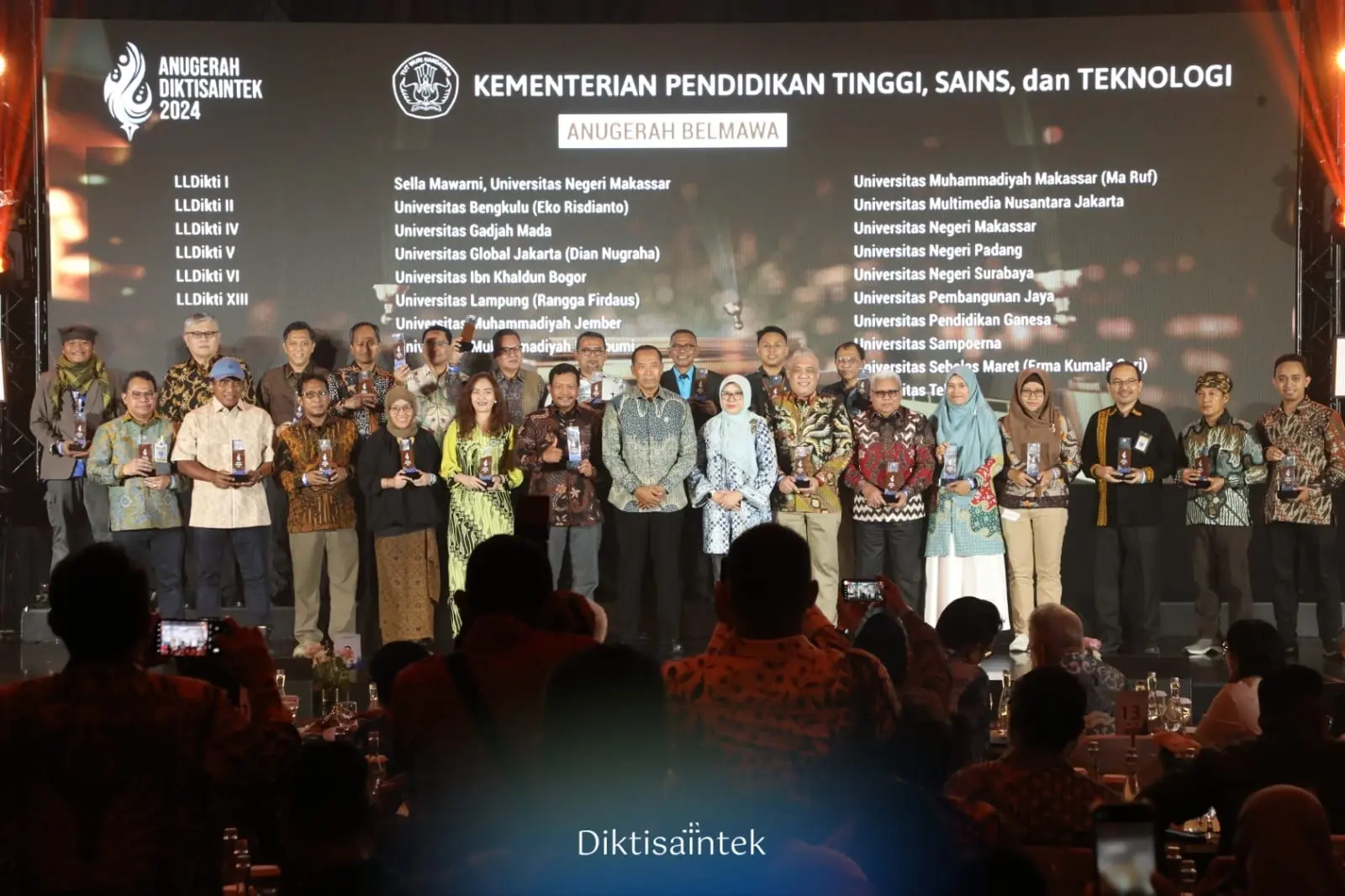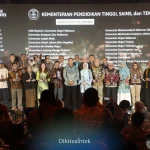23 Feb 2024
What Programming Languages Should I Learn?
Articles,

Programming languages are formalized communication systems that humans use to direct computers and machines to do specified tasks. They provide an organized and standardized manner for computers to interpret and execute algorithms, logic, and instructions.
These languages are translators between human-readable instructions and the binary code computers function on. They provide a platform for developers to articulate their ideas and solve complicated issues in a human-readable and machine-executable way.
Each programming language has syntax, rules, and features that cater to various coding and problem-solving methods. Programming languages cater to a wide range of purposes in software development, from low-level languages like assembly, which closely resemble machine code, to high-level languages like Python, which emphasize readability and abstraction.
The progress of programming languages has resulted in the development of numerous tools and frameworks that enable programmers to create programs, websites, games, and other types of content, thereby influencing the present technological landscape.
The programming languages

The programming languages you should learn are determined by your objectives, hobbies, and the types of projects you wish to work on. Based on several characteristics, below is a list of programming languages that are commonly used and can be beneficial to learn:
1. Python
Python’s straightforward and clear syntax makes it a good choice for novices. It’s helpful in web development, data analysis, machine learning, automation, and other areas.
2. JavaScript
JavaScript is required if you want to work in web development. It is a web language used for front-end and back-end development (Node.js).
3. Java
Java is a programming language commonly used in enterprise applications, Android app development, and large-scale systems. It places a premium on solid typing and object-oriented programming.
4. C#
C# is widely used for Windows applications, Unity games, and enterprise software development on the.NET platform.
5. C++
C++, built based on C, is utilized in system programming, game creation, high-performance applications, and other areas.
6. Ruby
Ruby is well-known for its ease of use and productivity, and it is frequently used for web development (Ruby on Rails) and scripting.
7. Swift
Swift is Apple’s recommended language for iOS and macOS app development, and it’s noted for its safety features and current syntax.
8. Kotlin
Kotlin is an alternative language for Android app development with a shorter syntax and better security features than Java.
9. R
R, extensively used in research and data science, is specifically developed for data analysis and statistics.
10. SQL
SQL is crucial for working with databases and managing data. It is not a general-purpose programming language.
11. Go (Golang)
Go is a programming language that is well-known for its efficiency and simplicity. It is used to create scalable and performant online services and apps.
12. PHP
PHP is a popular web development language beneficial for server-side scripting and dynamic website creation.
Each language has advantages and disadvantages, and your language selection should be based on your goals. If you’re just getting started with programming, a language like Python or JavaScript can be a great place to start.
You can branch out into different languages as you get experience, depending on the projects you wish to work on. Remember that mastering the foundations underlying programming concepts is usually more important than focusing solely on a specific language, as ideas frequently overlap.
Join Sampoerna University
Sampoerna University is a fully accredited university in Indonesia that offers the best choice for those seeking excellent international education. Sampoerna University is a private, non-denominational, non-profit university licensed and certified by the Republic of Indonesia’s Ministry of Education, Culture, Research, and Technology. Formed according to national and international standards, Sampoerna University is qualified to contribute to society through education substantially.
The Faculty at Sampoerna University comprises professors, associate professors, assistant professors, lecturers, and researchers specializing in various fields of study. They hold advanced degrees from prestigious universities in Indonesia and abroad, and many have extensive industry experience.
The Faculty members at Sampoerna University possess solid academic backgrounds and actively contribute to research and innovation in their respective fields. They publish research papers, participate in conferences, and collaborate with industry partners to address real-world challenges.
Moreover, the Faculty at Sampoerna University adopts a student-centric approach, focusing on the holistic development of students. They provide guidance and support to help students succeed academically and professionally. Faculty members engage in mentoring programs, offer career counseling, and create a conducive learning environment that encourages critical thinking and active participation.
9 of 10 graduates get employed three months after graduation*. Immediately register to participate in the new student admissions process for the 2023-2024 year here. Our Admission Team will contact you soon to provide more detailed information.
Schedule with us whenever you want to visit campus tours on-site or virtual!
*Based on graduating cohort 2020-2022





